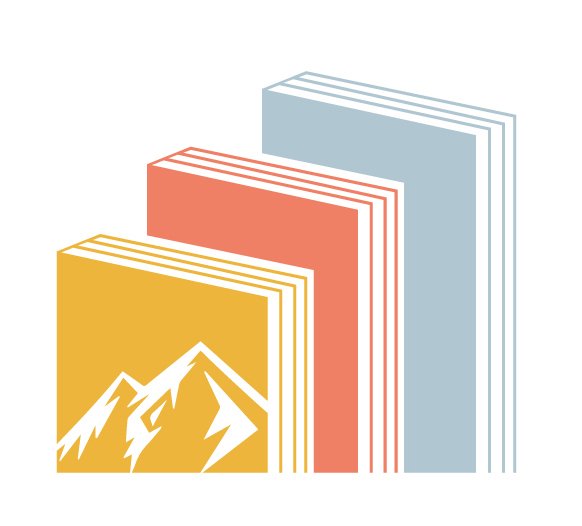Thin Ice
Summary:
The world's premier climatologist, Lonnie Thompson has been risking his career and life on the highest and most remote ice caps along the equator, in search of clues to the history of climate change. His most innovative work has taken place on these mountain glaciers, where he collects ice cores that provide detailed information about climate history, reaching back 750,000 years. To gather significant data Thompson has spent more time in the death zone—the environment above eighteen thousand feet—than any man who has ever lived.
Scientist and expert climber Mark Bowen joined Thompson's crew on several expeditions; his exciting and brilliantly detailed narrative takes the reader deep inside retreating glaciers from China, across South America, and to Africa to unravel the mysteries of climate. Most important, we learn what Thompson's hard-won data reveals about global warming, the past, and the earth's probable future. (Summary and cover courtesy of goodreads.com)
Review:
Full disclosure I did NOT finish this book. I really wanted to enjoy it, but just couldn’t quite get myself into it. I kept picking it up, putting it down, picking it back up and trying again and then getting disinterested. I found the climbing, the hurdles required when obtaining the cores and the overall techniques fascinating, but Bowen kept swapping gears. We went from South America to the poles and then jumped into some general background. I found the abrupt changes distracting whereas if the history had been woven into the story a bit more it may have been easier.
Despite those frustrations, the third of the book I did read was highly fascinating and taught me a lot on the techniques and approaches of the scientists in such extreme locations. What’s particularly interesting is the combined athleticism with the scientific achievements the were able to achieve at high altitudes.
I readily admit that had I had less going on in life I might be more willing to sit down and focus, but at least for now, this is a book I’m abandoning that perhaps I will come back to it one day.
Rating: 2 stars!
Who should read it? Folks passionate about climate change and would like to know a little more about how historical accounts were/are studied.


